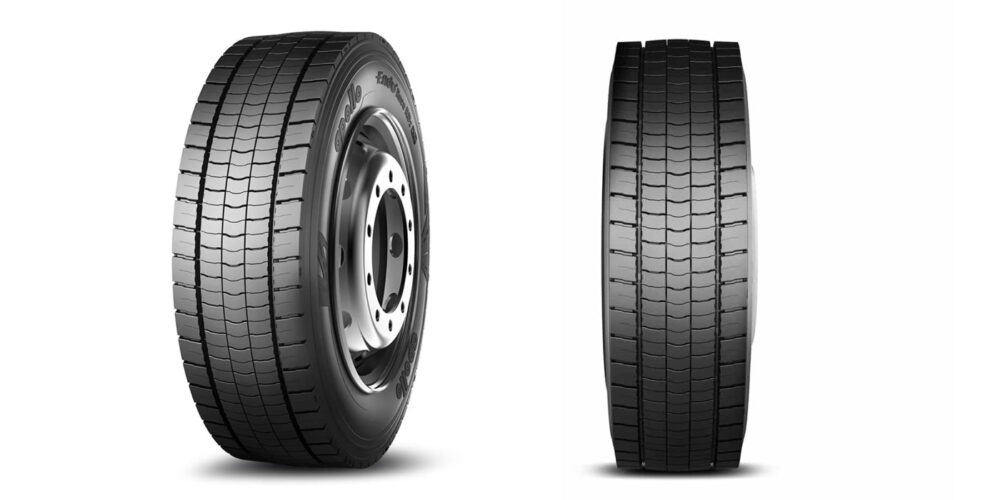When we pick up a newspaper or magazine today, we see articles about emissions. It seems as if our entire world economy revolves around emissions reduction. That’s because it has become big business.
I’d like to better understand the business side of emissions. We’ve changed emphasis from “having to comply” to the worldwide fervor to reduce emissions. Emissions are an emotional issue. Business leaders learned to profit from the situation. Who today would dare say no to emissions reductions? But are we getting factual information on which to base these emissions decisions? Let’s discuss some business issues concerning biodiesel and ethanol fuels.
Biodiesel fuels have been around in one form or another for more than 40 years. Each generation has learned more about its usage. Much has been learned about its performance, but it has taken considerable R&D time and money. Much remains to be learned.
Biodiesel was largely ignored in this country until political leaders discovered it was a good way to obtain both the farmers’ and environmentalists’ votes. Biodiesel began to gain momentum in the United States when public figures endorsed it. Today it is popular, and deservedly so. But it’s not the solution to every problem.
The Biofuel Industries Group LLC, recently announced plans to build a $20-million plant in Michigan to produce 20 million gallons of B100 biodiesel by June 2007. While the announcement mentioned the plant would bring 30 new jobs to the area, we need to ask what is the impact on the sounding area?
Farm machinery manufacturers such as AGCO Corp. say their equipment can operate on biodiesel concentrations as high as 100 percent. Is this a data-based or customer-based decision? Other diesel OEMs are reluctant to recommend such high concentrations. Sisu Diesel (AGCO’s engine supplier) allows the use of high biodiesel concentrations, but only if oil and filter change intervals are cut in half. How does that affect equipment operator economics?
I still worry that we haven’t sorted out biodiesel variation due to the variety of feedstocks utilized. Brazil recently encountered problems caused by poor quality biodiesel. Politicians forced the state oil company to purchase biodiesel from small producers as a social program. Now many Brazilians are paying a price for that mistake!
I’ve been made aware that some diesel fuel retailers in Illinois are suspected of placing 2 to 5 percent biodiesel in their ULSD fuel without notifying end users. It appears that these merchants are using biodiesel as a lubricity agent because it is cheaper than a commercial lubricity additive. Is this a good idea?
As for ethanol, it is very popular in farming states like Missouri. I can’t pick up a newspaper without reading how ethanol is good for Missouri.
However, some local residents are resisting construction of a plant in Rogersville, Mo., after learning about its impact. They were told about the increased jobs the plant would provide, but they weren’t told the atmosphere around their houses would smell. They also weren’t told the plant would require 1 million gallons of water per day in an area under moderate drought conditions for years. In the United States there are 111 existing ethanol plants, 11 plants undergoing expansion, 79 plants under construction and 200 plants in the planning stages.
The irony of the ethanol issue is that the appetite of ethanol plants for corn has placed a tremendous strain on farmers, who now are complaining that high corn prices are affecting their ability to properly feed their livestock. Beef and pork prices will soon rise, or the quality of the meat will suffer. Corn-based products will also get more expensive. Since farmers are planting more corn on their land, eventually the price of wheat also will increase.













